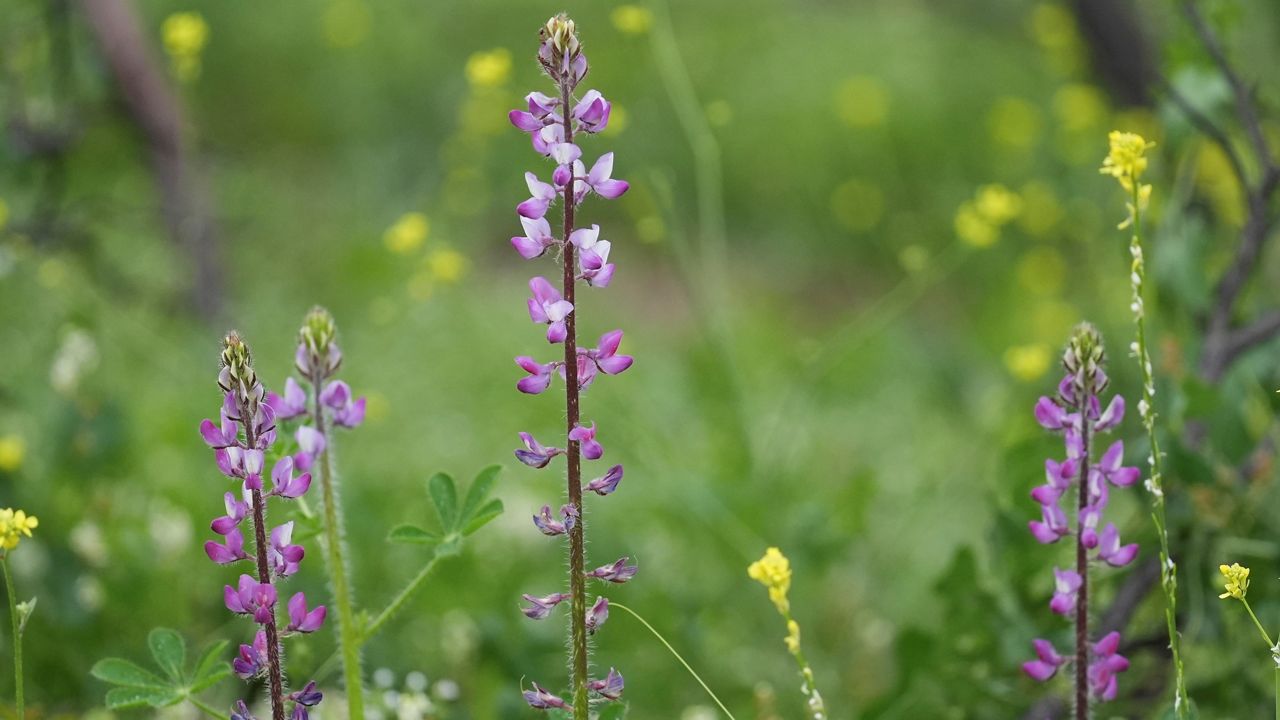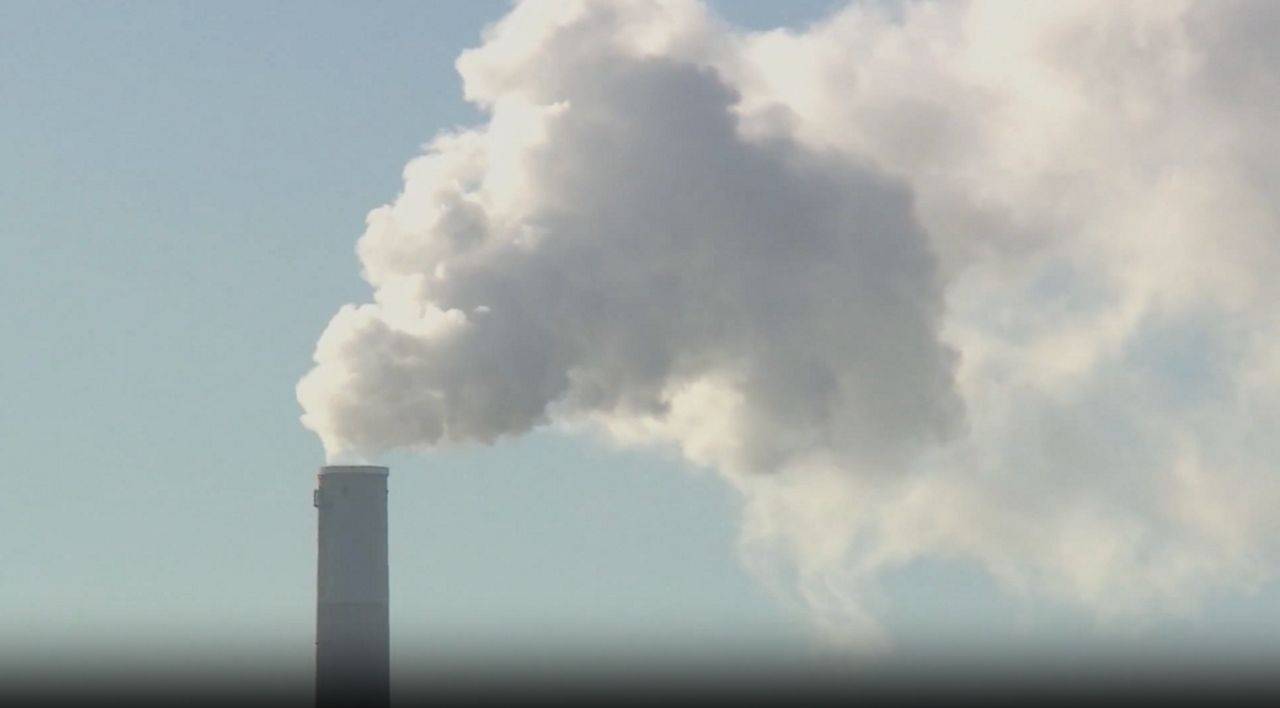THREE RIVERS, Calif. — Dawn Birch said she never thought she’d see the day the water ran out on her farm, but as of mid-July, the crops on Flora Bella Farms haven’t been watered.
One by one, the fields started dying.
What You Need To Know
- Dawn Birch and her husband James own Flora Bella Farms in Three Rivers, Calif.
- Flora Bella is a 10-acre farm
- The Flora Bella owners have water rights to pull from the north fork of the Kaweah River, which depends on snowmelt coming off the Sierra Nevada mountains
- The river has run totally dry, and extreme heat means the trees in the mountains are sucking up what’s left of the underground spring water
“All of this should be going…our cucumbers, our tomatoes, our eggplants, our squash,” said Dawn as she stood in the dying squash field. “Nothing, we have nothing we can salvage.”
Flora Bella is a 10-acre farm in a small town called Three Rivers in the Central Valley. The farm is owned by Dawn and her husband James, who have water rights to pull from the north fork of the Kaweah River, which depends on snowmelt coming off the Sierra Nevada mountains.
But this year, because of the extreme drought the West is experiencing, there was no snow. The river has run totally dry, and extreme heat means the trees in the mountains are sucking up what’s left of the underground spring water.
The farm has a holding pond, which can serve as a backup in times of drought, but what’s pulled from the pond can usually be replenished from the river. Birch explained that excessive heat was forcing them to pull more than usual from the pond, and at some point, they had to accept the reality that the pond couldn’t be pulled from anymore.
James noted that he’s seen the rivers run dry before and anticipated a difficult summer. He had already cut back their water usage by 50% after the last megadrought event, from farming techniques pioneered in the Middle East.
“We had no snow this past winter, but I thought we’d make it at least until the end of July,” he said.
This should be peak harvesting season for Flora Bella Farms, known especially for their tomatoes and arugula. Dawn says the losses from this drought alone amount to almost $100,000. On the heels of the pandemic, they both agreed that this is an especially difficult pill to swallow.
“We have four of these high tunnels,” Dawn said from inside one of the tomato tents. “Each one has 3,000 square feet of tomatoes...and they’ve all been left to die.”
Dawn has been a regular at the Santa Monica Farmers Markets since 1991 and a favorite produce supplier for some of the most popular restaurants in West LA. But July 21 was her last farmers market for the foreseeable future, and what she brought that day was what was only what could be salvaged from dying plants.
Dawn said her workers weren’t just pulling produce off plants — they were pulling whole plants out of the ground. As a result, Flora Bella Farms can’t fulfill the orders they have with local restaurants.
"The wake-up call is, where there is no water, there is no food," Dawn said. "What goes on here in three rivers affects your table in Los Angeles."
There is hope for Flora Bella Farms, however. Dawn added that they’ve hired a well digger to potentially build two wells on the farm, which — if successful — could bring the farm back up to speed enough to come back in October with winter greens. But there is no guarantee they will find water — and if they don’t, their next hope lies in the promise of future snowfall.
If all else fails, Dawn says this could push them into retirement.
“I’m sure that we’ll keep the citrus trees alive. There aren’t many of them, and they’ve been growing for six or seven years. It’d be devastating if we’d have to start over with them,” she said. “But as far as crops go, this is the death of a farm right here.”











